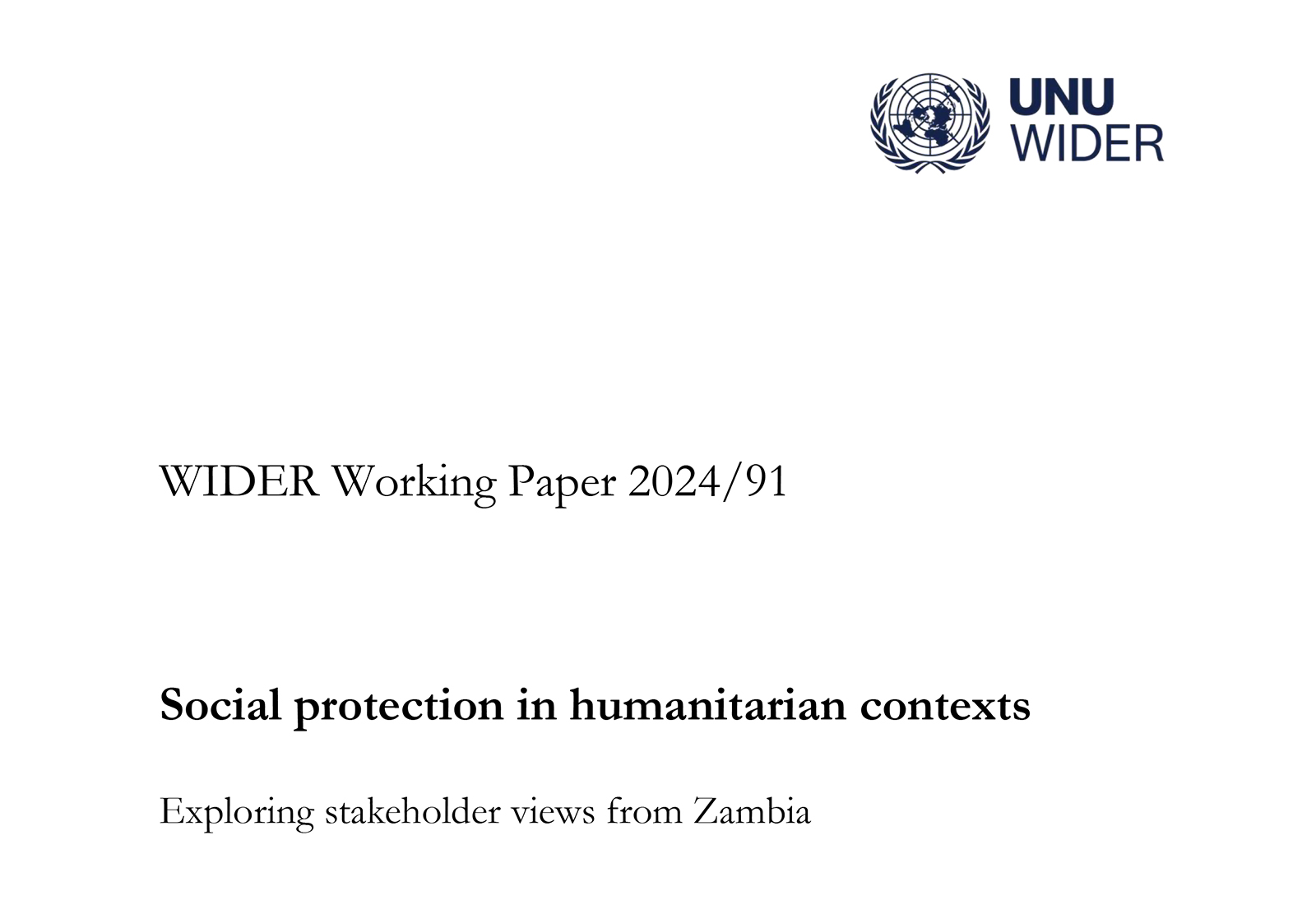Perception of Job Instability in Europe
Abstract
The study explores the empirical determination of perceived job instability in European labour markets. The study is based on the large-scale survey from the year 1998 covering the 15 member states of the European Union and Norway. There are evidently large differences in the amount of perceived job instability from country to country. The lowest level of perceived job instabity is in Denmark (9%). In contrast, the highest level of perceived job instability is in Spain (63%). The results show that perceived job instability increases with age. Educational level, on the other hand, does not correlate strongly with the perception of job instability. There are no differences in the perceptions of job instability between males and females. An occurrence of unemployment during the past five years yields a substantial rise in the perception of job instability. The empirical finding that unemployment history strongly matters for the perception of job instability is consistent with the notion that an unemployment episode provides otherwise private information about unobservable productivity of an employee. The most striking result is that a temporary contract as such does not yield an additional increase to the perception of job instability at the individual level of the economy. However, the perception of job instability is more common within manufacturing industries. In addition, the perception of job instability by employees increases according to the size of the firm. There are also strong country effects.
- ISSN: 1457-2923
- ISBN: 952-5071-72-3
- Publication in PDF-format

- Petri Böckerman
- Chief Researcher
- Tel. +358-40 091 3189
- petri.bockerman@labore.fi
- Profile


